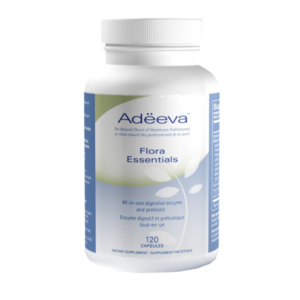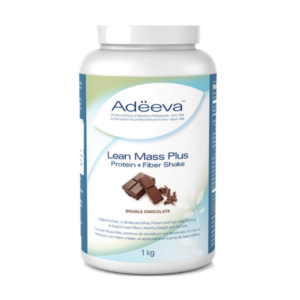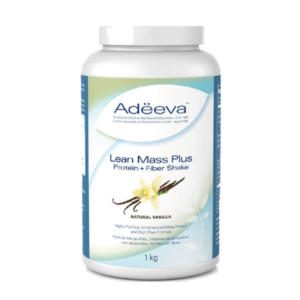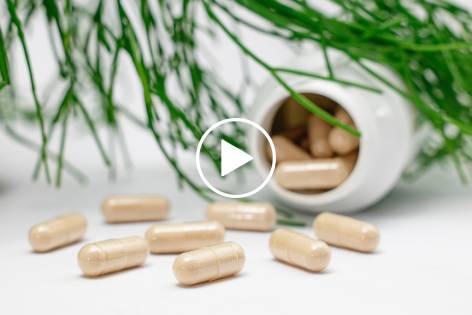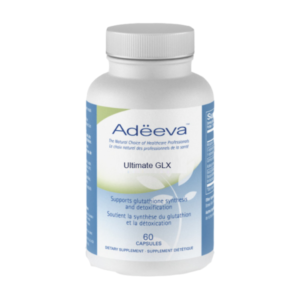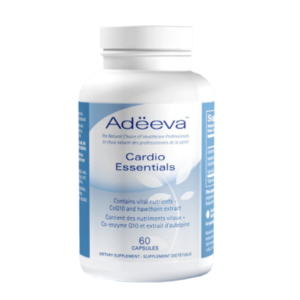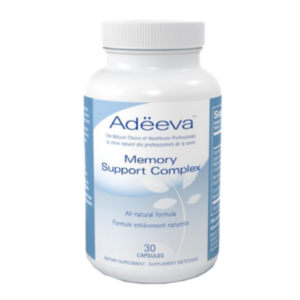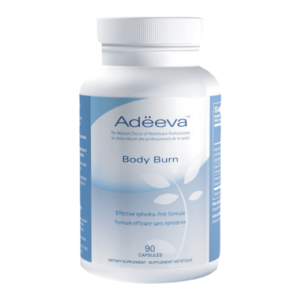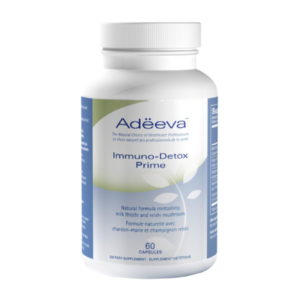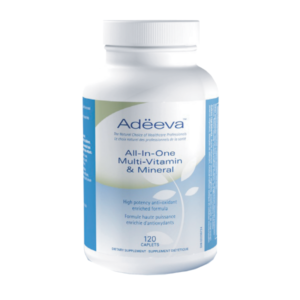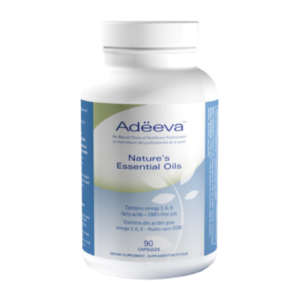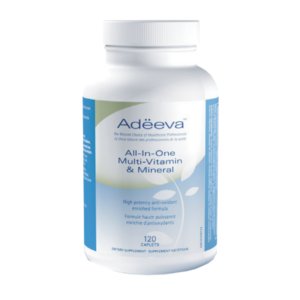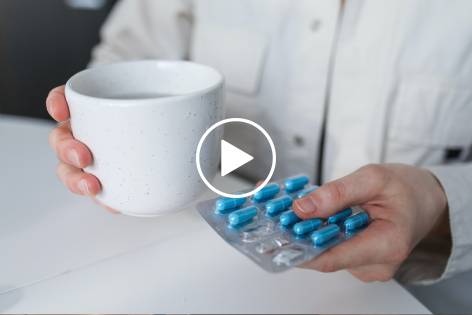
Safeguarding Brain Health: The Role of Probiotics Against Sleep Deprivation
Source: Journal Nutrients (2023)
Lifestyle Medicine Update (May 2, 2023)
Understanding the Study
A 2023 study published in Nutrients by researchers at the University of Camerino in Italy illuminates the potential benefits of a multi-strain probiotic supplement in counteracting the detrimental effects of sleep deprivation on brain health. Chronic sleep deprivation can exacerbate brain free radical damage and inflammation, but probiotic supplementation may offer a solution.
Unraveling the Link Between Sleep Deprivation and Inflammation
Chronic sleep restriction, defined as sleeping less than seven hours per night, can incite low-grade inflammation in the body and brain. Insufficient sleep also fosters the accumulation of free radicals, which pose extensive damage to brain cells and are linked to neurodegenerative diseases like Alzheimer’s and Parkinson’s.
The Role of Probiotic Supplements
Probiotic supplementation exhibits promise in reducing inflammation through various pathways, including rebalancing gut flora, enhancing gut barrier integrity, and modulating immune function. Additionally, probiotics bolster the function of brain immune cells, microglia, thereby curtailing brain inflammation.
Unveiling the Mechanism of Sleep Deprivation-Induced Inflammation
Sleep deprivation can disrupt gut bacteria composition and compromise gut barrier integrity, facilitating the entry of bacteria and their byproducts into the bloodstream. This process triggers inflammatory responses in the body and brain.
Study Findings
In the 2023 study, mice subjected to chronic sleep restriction were administered a multi-strain probiotic supplement. Results indicated that the probiotic supplement bolstered brain antioxidant function, curbing free radical damage and inflammation in both the brain and bloodstream.
Practical Takeaways
- Prioritize Adequate Sleep: Chronic sleep deprivation has deleterious effects on gut and brain health, escalating inflammation and free radical damage, which can lead to various health issues including neurodegenerative diseases and compromised immunity.
- Consider Probiotic Supplementation: Incorporating a multi-strain probiotic supplement into daily routines may support gut health, diminish inflammation, and fortify brain antioxidant protection. Combining probiotics with a digestive enzyme-prebiotic supplement may offer additional benefits by nurturing friendly gut bacteria.
Conclusion
Recognizing the impact of sleep deprivation on gut and brain health underscores the importance of proactive measures to bolster overall well-being. Embracing probiotic supplementation as a simple yet effective strategy may help mitigate the detrimental effects of sleep deprivation on brain health.
References:
- Zheng Y et al. “Probiotics supplementation attenuates inflammation and oxidative stress induced by chronic sleep restriction.” Nutrients. 2023; 15(6):1518. [Link](https://www.mdpi.com/2072-6643/15/6/1518)
- “Probiotic supplementation reduces inflammation and oxidative stress caused by chronic sleep loss.” Neuroscience News.com. April 15, 2023. [Link](https://neurosciencenews.com/probiotics-inflammation-sleep-23021/)
Dr. Meschino
Recommended Supplements

Dr. James Meschino
ABOUT THE AUTHOR
Dr. James Meschino, DC, MS, ROHP, is an educator, author, and researcher having lectured to thousands of healthcare professionals across North America. He holds a Master’s Degree in Science with specialties in human nutrition and biology and is recognized as an expert in the field of nutrition, anti-aging, fitness, and wellness as well as the author of numerous books.

